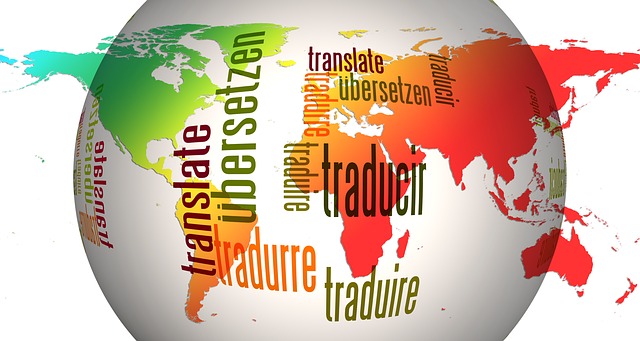 If we consider all the languages spoken in the world, and all the efforts to bring God into those lives, it would appear that God must have quite the vocabulary. Add to that mix, the tens of thousand of prayers that could be offered up at any moment. Does God really understand all those languages? It’s enough to make you question the idea that God hears all prayers.
If we consider all the languages spoken in the world, and all the efforts to bring God into those lives, it would appear that God must have quite the vocabulary. Add to that mix, the tens of thousand of prayers that could be offered up at any moment. Does God really understand all those languages? It’s enough to make you question the idea that God hears all prayers.
Unless you know the secret.
The truth of the matter is that we all speak God’s native language. Most prayers are silent. We mentally engage in a one-way mental conversation with the invisible, silent God. We may construct our prayer in our own language, but that language was itself, a translation of God’s language. It is a language of mental thoughts and images to which we have assigned words in our own language.
And that is the secret.
Perhaps God’s native language is actually the total vocabulary of emotions, images, music, hopes, dreams, and love that is available to each of us. In our prayers, we unconsciously translate our pleas into those non-verbal messages that are part of God’s unique vocabulary.
In our written communication, we might write our text in bold or italic characters to emphasize a point. Perhaps God’s native language has similar traits. Perhaps God’s language is emphasized by emotional elements. While many of our prayers are pleas for mercy or relief of pain and seem to go unanswered, it may be that our connection is too weak to inspire God to act on our behalf. Or it may be that, like any caring parent, God allows us to experience pain so that we may more fully appreciate joy.
Perhaps we can strengthen our connection to God by super-charging our prayer connection with strong emotions of gratitude and praise.
